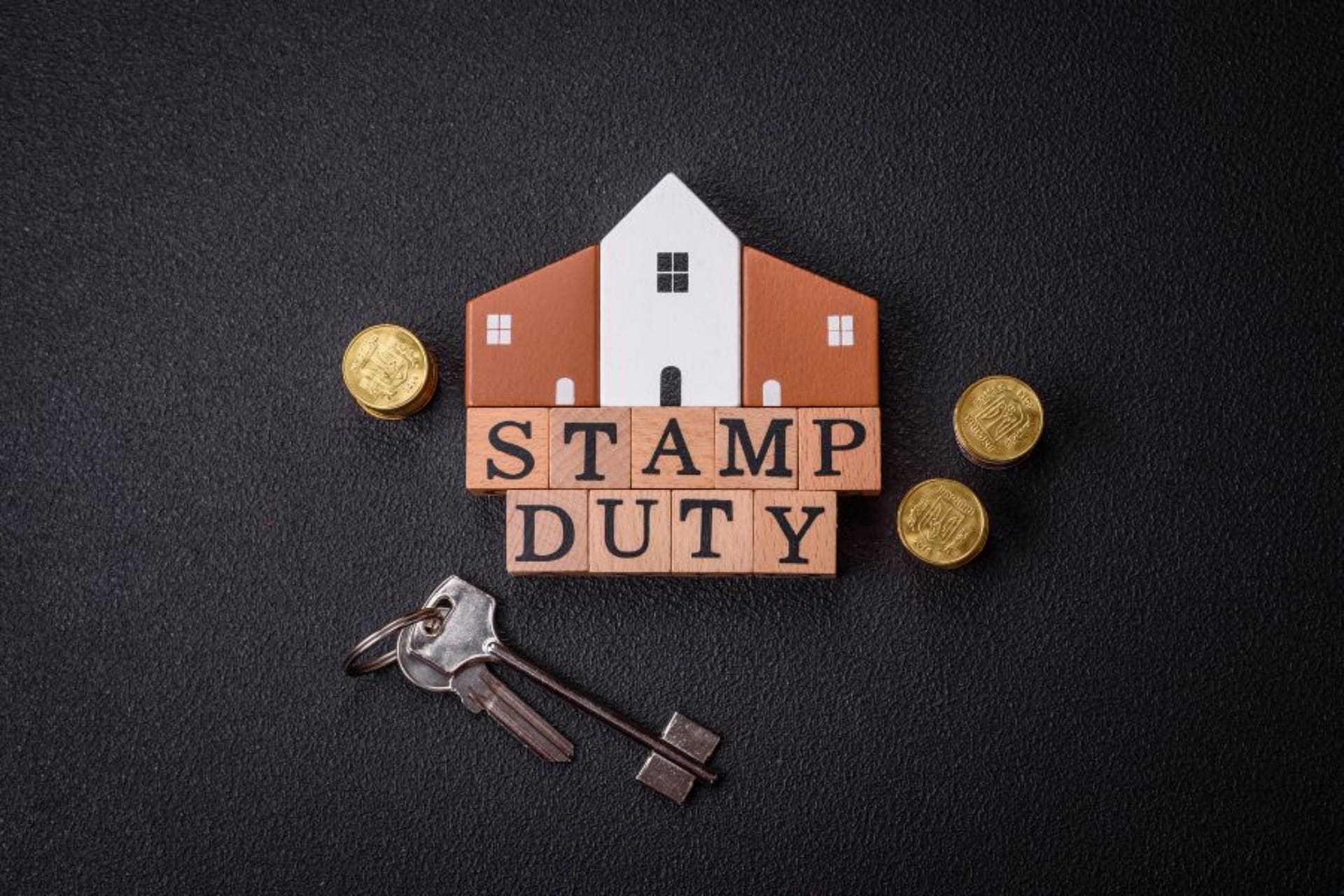The Australian housing market remains a hot topic, with interest rates fluctuating and property prices in constant flux. For aspiring homeowners, securing a pre-approval for a home loan can be a game-changer, offering a clear budget and a competitive edge.
But what does the pre-approval process entail, and how can you maximise your chances of success?
Table of Contents
ToggleWhat is Pre-Approval for a Home Loan?
Pre-approval is like a financial “health check” for your home-buying journey. It’s a conditional assessment by a lender of how much they’re willing to lend you based on your financial situation. Think of it as a green light that tells you, “This is the price range you should be looking at.”
Why Should You Get Pre-Approved?
- Set a Realistic Budget: Pre-approval helps you set a clear budget, so you don’t waste time looking at properties that are out of your reach.
- Streamline the Buying Process: When you find your dream home, you can act quickly and confidently, knowing you’ve already got the finances sorted.
- Strengthen Your Offer: Sellers and real estate agents love pre-approved buyers because it shows you’re serious and have the financial backing to follow through.
Myth vs. Reality: Pre-Approval is NOT a Loan Guarantee
While pre-approval is a powerful tool, it’s important to remember that it’s not a guarantee of a loan. The final approval still depends on things like property valuation and any changes in your financial situation.
But having pre-approval gives you a huge advantage in the competitive Australian property market.
Also read: The Ultimate Guide to Purchasing Property without a Deposit
The Pre-Approval Process
Now that you understand the power of pre-approval, let’s dive into the actual process. Don’t worry, it’s not as daunting as it may seem!
Step-by-Step Process
- Gather Your Financial Documents: Start by collecting all the necessary paperwork. This typically includes proof of income (like payslips or tax returns), bank statements, details of your assets and debts, and identification documents.
- Choose the Right Lender: Different lenders have different criteria and interest rates, so it’s important to shop around and compare options. You can approach banks directly or work with a mortgage broker who can help you find the best deal.
- Submit Your Application: Once you’ve chosen a lender, you’ll need to fill out an application form and provide all the required documentation.
- Assessment by the Lender: The lender will then assess your application, looking at your income, expenses, debts, and credit history. They’ll also consider factors like your employment stability and the type of property you’re interested in.
- Pre-Approval Decision: If your application meets the lender’s criteria, you’ll receive pre-approval, along with an estimate of how much you can borrow.
Documentation Needed
- Proof of Income: Payslips, tax returns, or financial statements from your accountant
- Proof of Assets: Bank statements, investment statements, or property valuations
- Proof of Debts: Loan statements, credit card statements, or other outstanding debts
- Identification Documents: Driver’s licence, passport, or birth certificate
Credit Score Assessment
Your credit score plays a crucial role in the pre-approval process. It’s a numerical representation of your creditworthiness based on your credit history.
A higher credit score means you’re a lower risk for lenders, which can lead to better loan terms and lower interest rates.
Before applying for pre-approval, check your credit report for any errors and take steps to improve your score if necessary.
Factors That Influence Pre-Approval
Now that you’ve chosen the right lender, let’s examine the factors that influence your pre-approval outcome. Understanding these can help you strengthen your application and secure the best possible loan terms.
Credit Score
Think of your credit score as your financial report card. A higher score signifies responsible credit behaviour, which makes you a more attractive borrower to lenders. A good credit score can unlock lower interest rates, higher borrowing limits, and more favourable loan terms.
Conversely, a lower score may limit your options or result in higher interest rates. Before applying, check your credit report and take steps to improve your score if needed.
Income and Employment Stability
Lenders want to see that you have a reliable source of income to repay your loan. A steady income, preferably from permanent employment, demonstrates your ability to meet your financial obligations. If you’re self-employed or have a variable income, be prepared to provide additional documentation to verify your income stability.
Debt-to-Income Ratio (DTI)
Your DTI ratio is a measure of your total debts compared to your income. Lenders use it to assess your ability to manage additional debt responsibly. A lower DTI ratio indicates you’re not overextended financially and have room to accommodate a mortgage. Before applying, take a close look at your debts and explore ways to reduce them if possible.
Genuine Savings
Having a healthy deposit saved up demonstrates your commitment to buying a property and can significantly improve your chances of pre-approval. Lenders generally prefer borrowers who have shown the ability to save consistently. Aim to save at least 5% of the property’s value, but a larger deposit can unlock even better loan terms.
By understanding and addressing these key factors, you’ll be well-positioned to secure pre-approval for your home loan in Australia. Remember, pre-approval is an invaluable tool that gives you a competitive edge in the property market, so take the time to prepare thoroughly and present your strongest financial profile.
Choosing the Right Lender
With your documents prepped and your credit score in check, it’s time to tackle a crucial decision: choosing the right lender for your pre-approval. This choice can significantly impact your home-buying journey, so let’s break down your options.
Types of Lenders in Australia
- Major Banks: These are the big names you’re likely already familiar with. They offer a wide range of loan products and often have competitive interest rates. However, they can also have stricter lending criteria and may not be as flexible with their terms.
- Credit Unions: These are member-owned financial institutions that typically focus on personalised service. They may offer more tailored loan options and potentially lower fees than major banks.
- Mortgage Brokers: These are professionals who can help you compare loan products from multiple lenders. They can save you time and hassle by doing the legwork for you and may be able to negotiate better deals on your behalf.
What to Look for in a Lender
- Interest Rates: This is a major factor, as even a small difference in interest rates can save (or cost) you thousands over the life of your loan. Compare both fixed and variable rates to find the option that best suits your needs.
- Fees: Lenders often charge various fees, such as application fees, valuation fees, and ongoing service fees. Be sure to factor these into your overall cost comparison.
- Customer Service: Buying a home is a big deal, so you want a lender who will be there to support you throughout the process. Look for a lender with a reputation for good customer service and responsive communication.
- Flexibility: Life can throw unexpected curveballs, so having a lender who offers flexible repayment options or the ability to make extra repayments without penalty can be invaluable.
Take the time to research and compare different lenders to find the one that aligns with your financial goals and offers the features and services you value most. Remember, choosing the right lender is a personal decision, and what works for one person may not be the best fit for another.
Ready to Take the Next Step in Your Home Buying Journey?
Don’t let the complexities of securing a home loan deter you. At CJC Law, we’re here to guide you through every step, ensuring your path to home ownership is clear and straightforward.
Our expert team of buyer’s conveyancers is ready to assist you with the pre-approval process and all your legal needs. Contact us today to make your dream home a reality with confidence and peace of mind. Start your journey to success with CJC Law—the partners you need for the road ahead.




